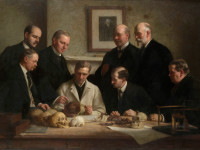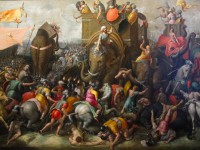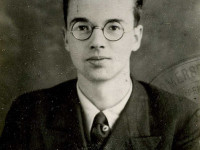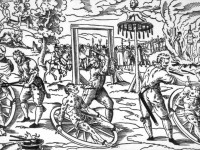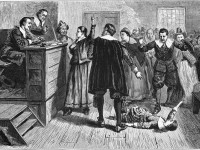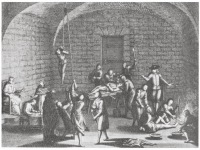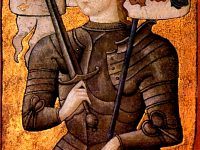Friedrich Spee and the Cautio Criminalis
On February 25, 1591, German Jesuit and poet Friedrich Spee was born, who is best known for his book Cautio Criminalis, in which he argued publicly against the trials for witchcraft and against torture in general. He was one of the noblest and most attractive figures of the awful era of the Thirty Years’ War. Friedrich Spee and the Thirty Years War Friedrich Spee von Langenfeld was born to a noble family…
Read more


